Indigenous Governance Database
separating business from politics
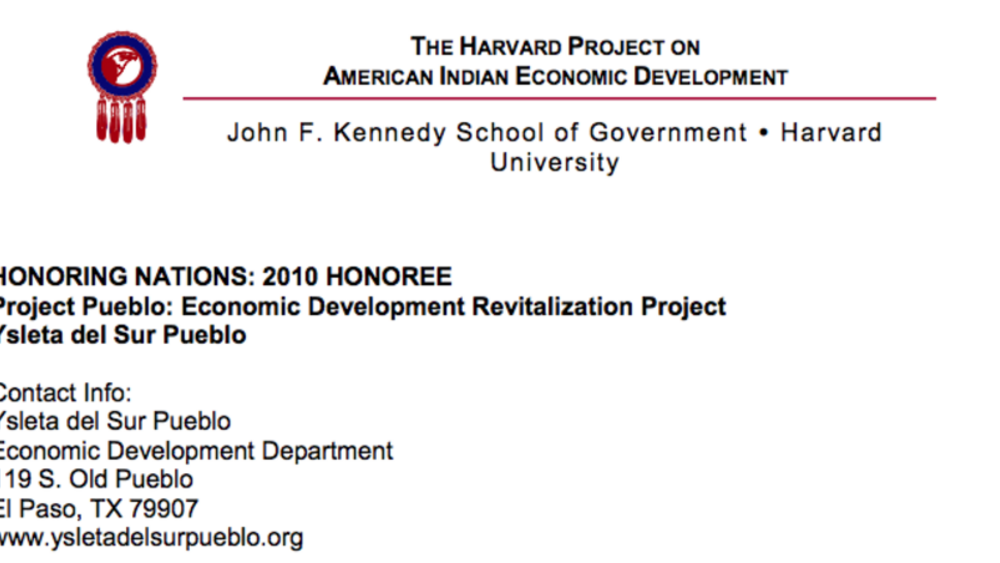
Project Pueblo: Economic Development Revitalization Project
A strong economy is one of the foundations of a healthy community. Native nations use business profits and tax revenues to invest in areas such as health, education, culture, and public safety programs to meet the needs of tribal citizens. At the Ysleta del Sur Pueblo, a sudden economic decline in…
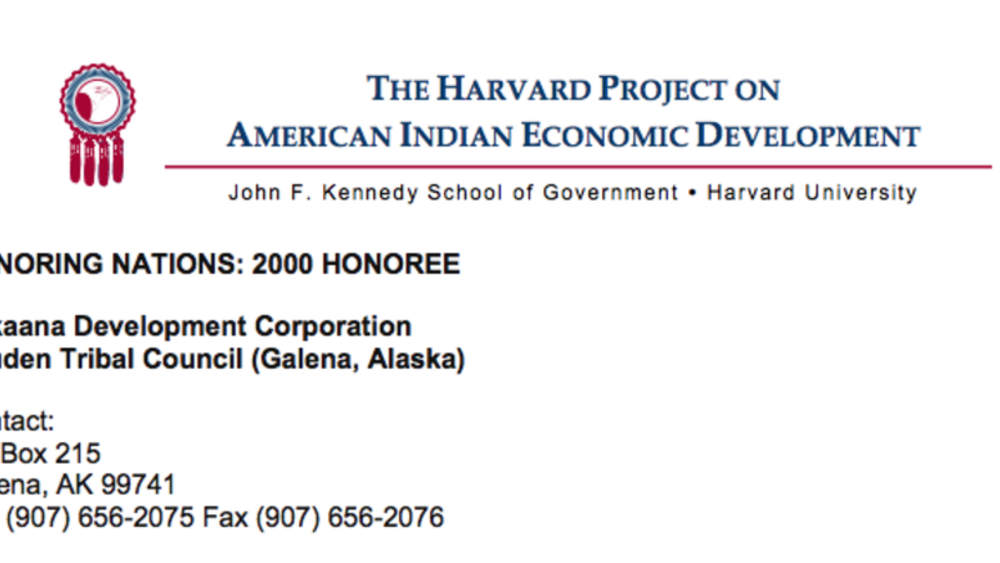
Yukaana Development Corporation (Louden Tribal Council)
The Louden Tribal Council created the Yukaana Development Corporation in 1998 to address the concerns of environmental degradation and environmental justice through training and employment. Under a contract with the US Air Force, the tribally owned Corporation cleans contamination caused by a local…
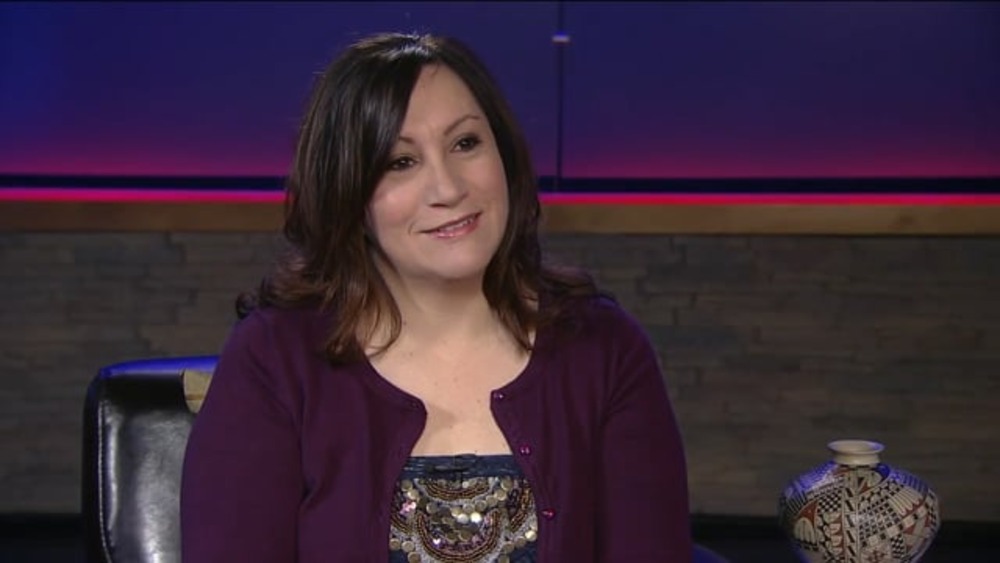
Eileen Briggs: The Importance of Data and Community Engagement
Eileen Briggs is a citizen of the Cheyenne River Sioux Tribe and is the Executive Director of Cheyenne River Sioux Tribal Ventures. She is also the Principal Investigator on "Cheyenne River Voices Research" — a reservation-wide research project including a household survey of over…
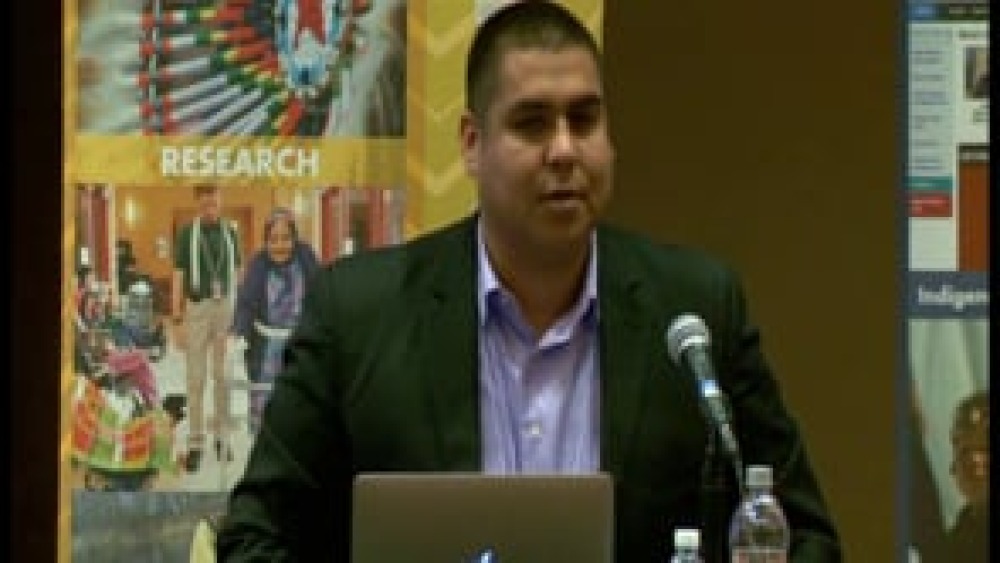
LeRoy Staples Fairbanks III: What I Wish I Knew Before I Took Office
Leroy Staples Fairbanks III, who serves on the Leech Lake Band of Ojibwe Council, discusses some of the hard stances he had to take in order to do his job well and also shares an overview of some of the major steps thatthe leech Lake Band has taken in order to govern more effectively and use its…
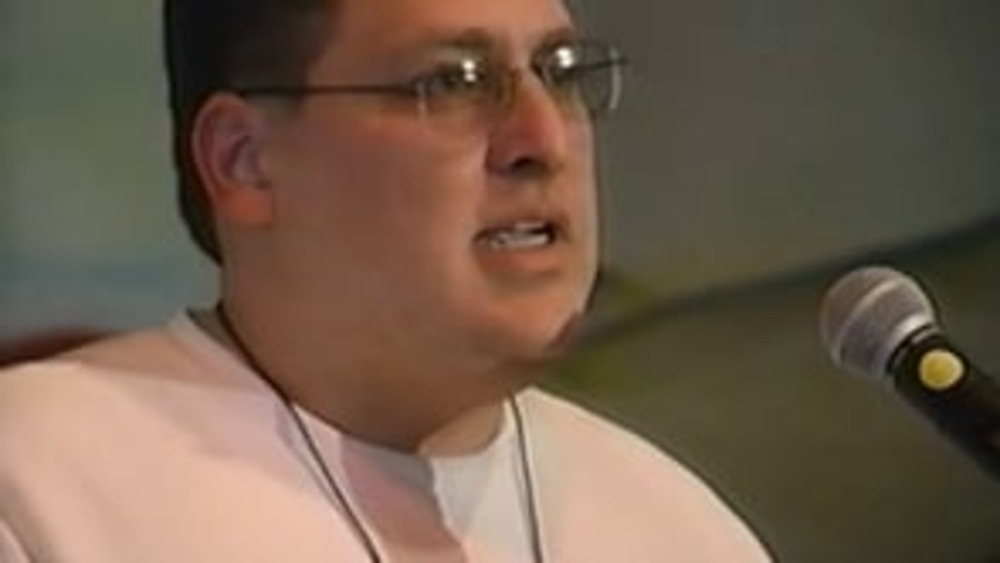
Honoring Nation: Lance Morgan: Ho-Chunk, Inc. Economic Development Corporation
Ho-Chunk, Inc. CEO Lance Morgan share the lessons he and the Winnebago Tribe of Nebraska have learned about the keys to creating an economic development environment capable of fostering successful nation-owned enterprises. He stresses the need for some Native nations to engage in constitutional…
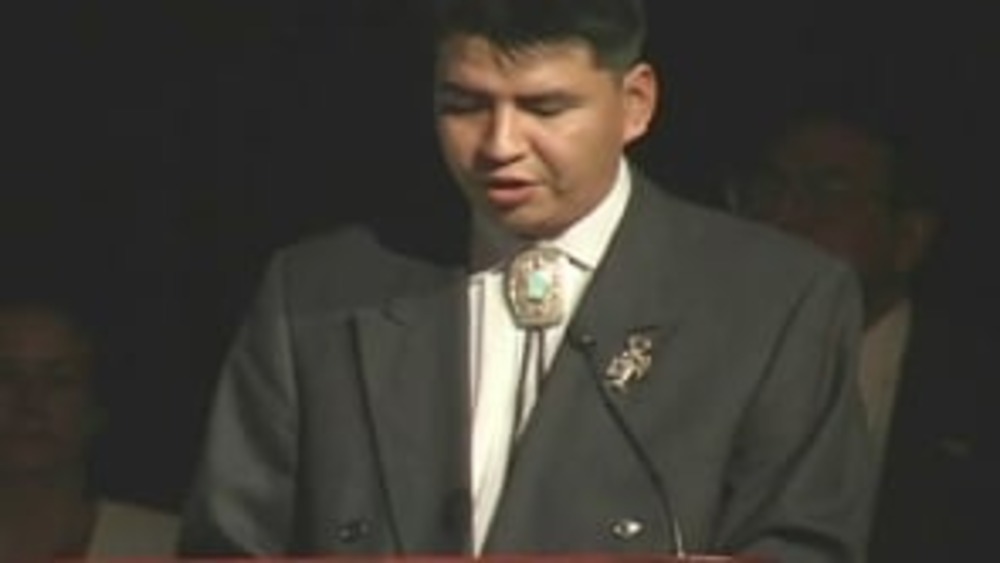
Honoring Nations: Loren Bird Rattler, Ray Montoya and Jay St. Goddard: Siyeh Corporation
Representatives from the Siyeh Corporation present an overview of the corporation's establishment and growth to the Honoring Nations Board of Governors in conjunction with the 2005 Honoring Nations Awards.
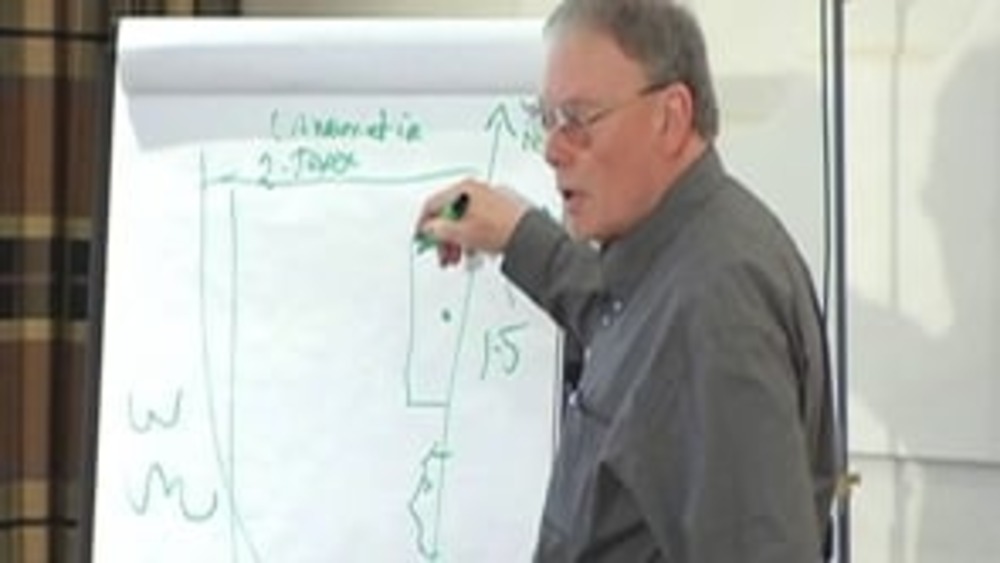
Michael Taylor: Nation-Owned Businesses: Quil Ceda Village
Tulalip Tribal Attorney Michael Taylor discusses Tulalip's rationale for taking the unique step of creating Quil Ceda Village, a federally chartered city, and the benefits this approach has brought the Tulalip Tribes.
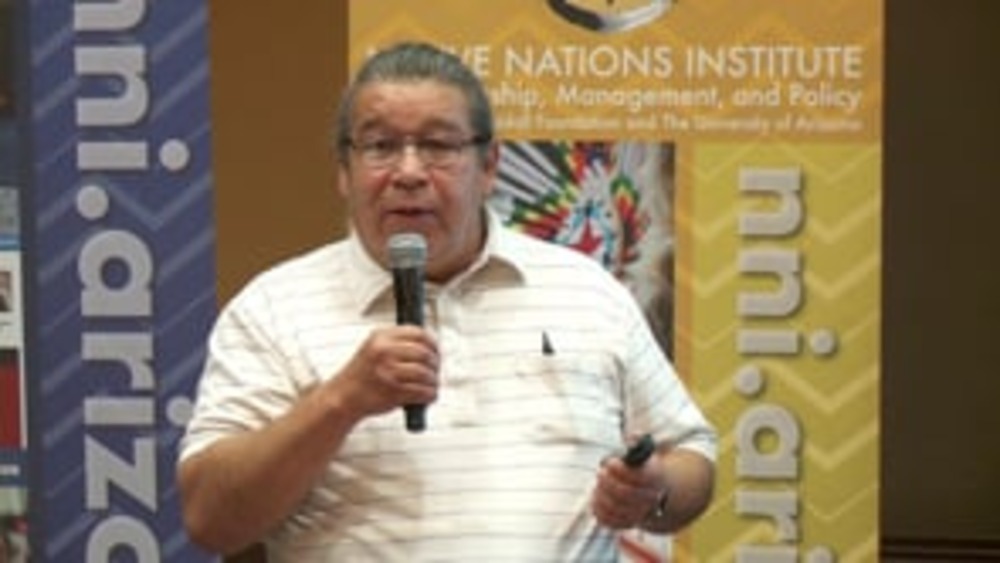
Richard Jack: Engaging the Nation's Citizens and Effecting Change: The Lac du Flambeau Story
Richard Jack, Chairman of the Constitution Committee of the Lac du Flambeau Band of Lake Superior Chippewa Indians, discusses some of the struggles that he and his fellow committee members have encountered as they engage the Lac du Flambeau people on the topic of constitutional reform and the need…
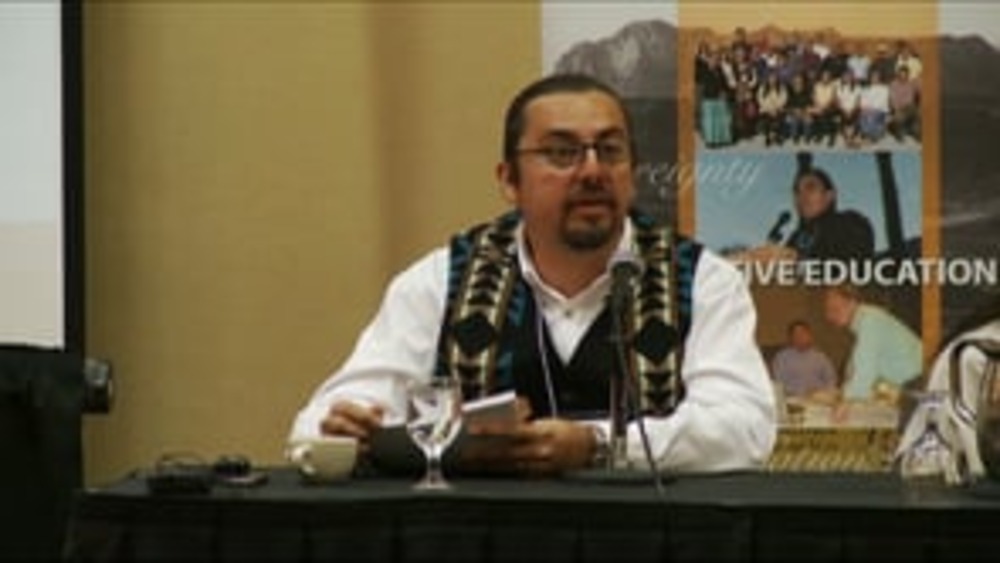
Gerald Clarke, Jr.: What I Wish I Knew Before I Took Office
Cahuilla Band of Indians Council Member Gerald Clarke, Jr. shares his thoughts about what he wished he knew before taking office as an elected leader of his nation.
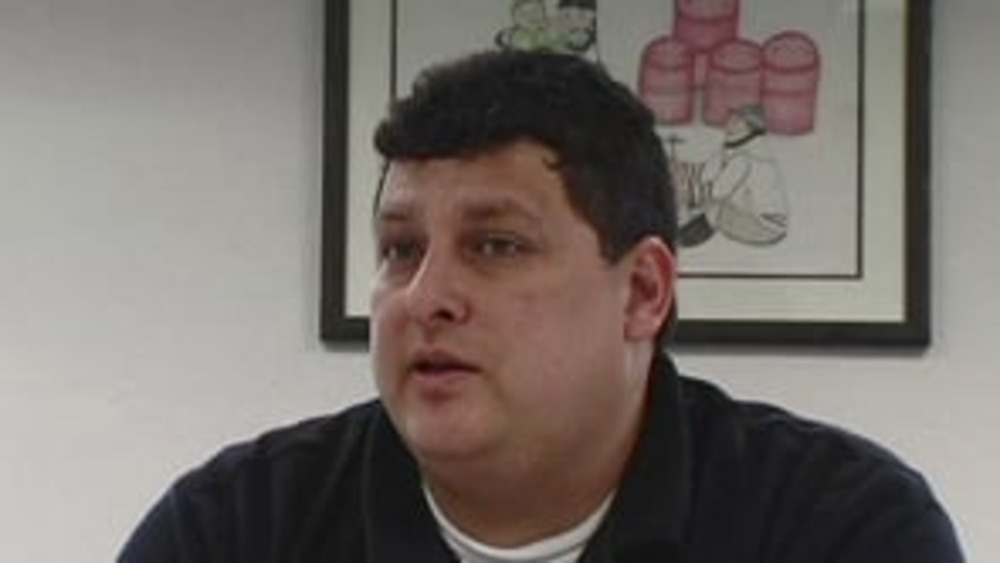
From the Rebuilding Native Nations Course Series: "The Politics-Enterprise Balance"
Native leaders and scholars share their thoughts about how Native nations can effectively manage the relationship between their governments and the businesses they own and operate.
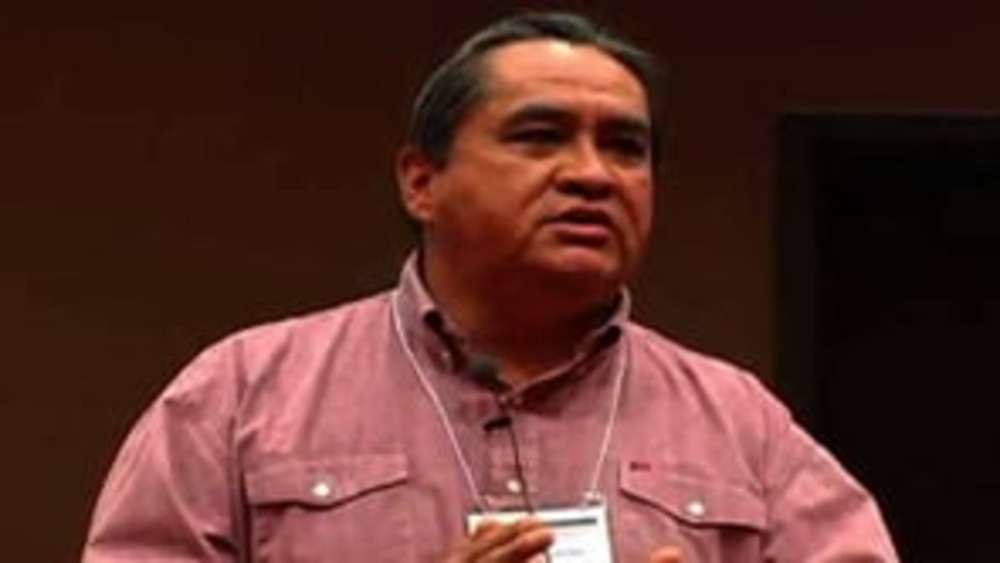
From the Rebuilding Native Nations Course Series: "The Importance of Capable Governing Institutions"
Dr. Manley Begay discusses the critical role capable governing institutions play in Native nations' ability to effectively exercise their sovereignty, in particular institutions designed to ensure the neutral resolution of disputes and the careful management of the relationship between tribal…
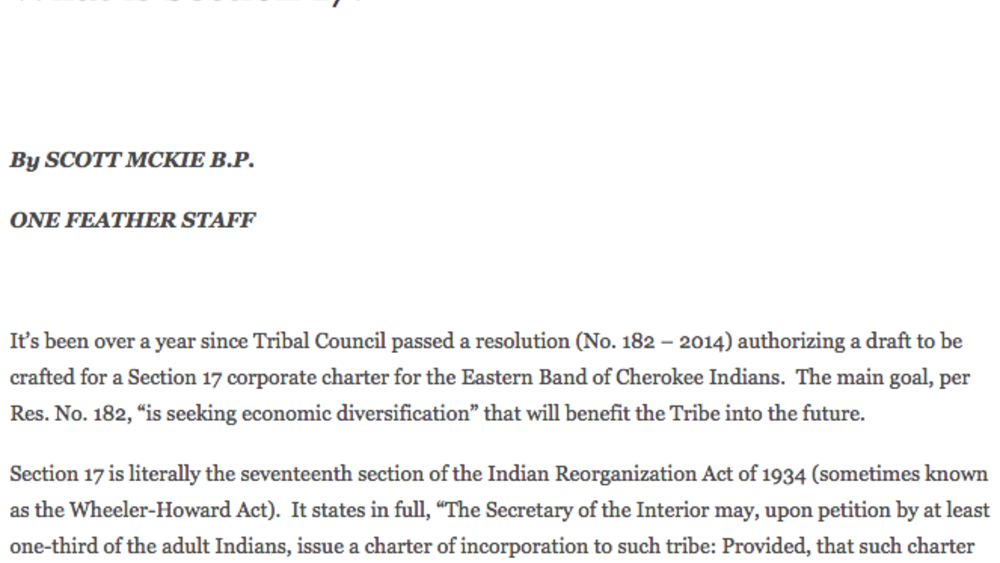
What is Section 17?
It’s been over a year since Tribal Council passed a resolution (No. 182 — 2014) authorizing a draft to be crafted for a Section 17 corporate charter for the Eastern Band of Cherokee Indians. The main goal, per Res. No. 182, “is seeking economic diversification” that will benefit the Tribe into the…
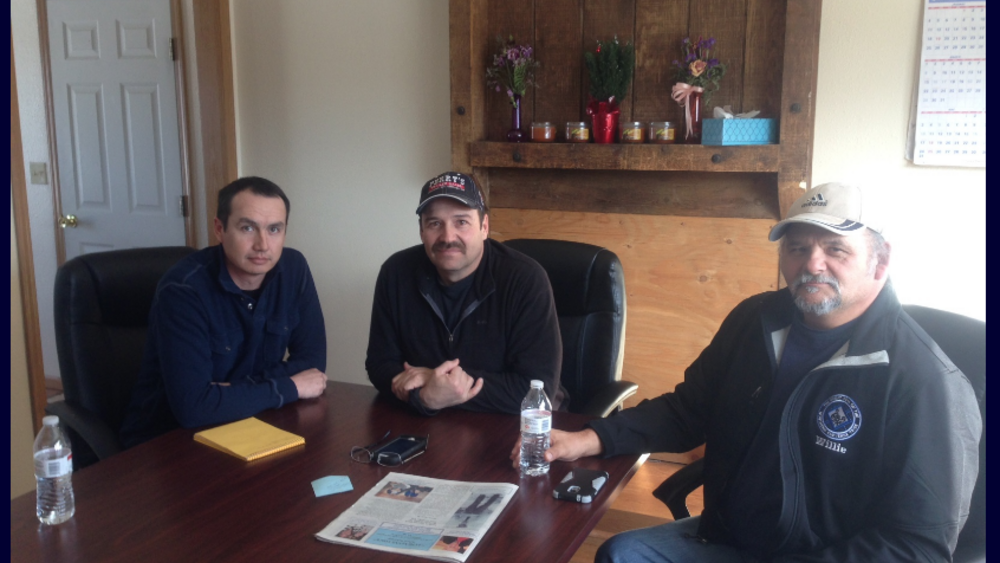
Northern Cheyenne Tribe starts business arm
How can a dent be put into the 72% unemployment rate on the Northern Cheyenne Reservation? One solution is business development, particularly tribal enterprise. Not a new concept because the Northern Cheyenne Tribe has established, owned and operated several businesses over the years gaining a…
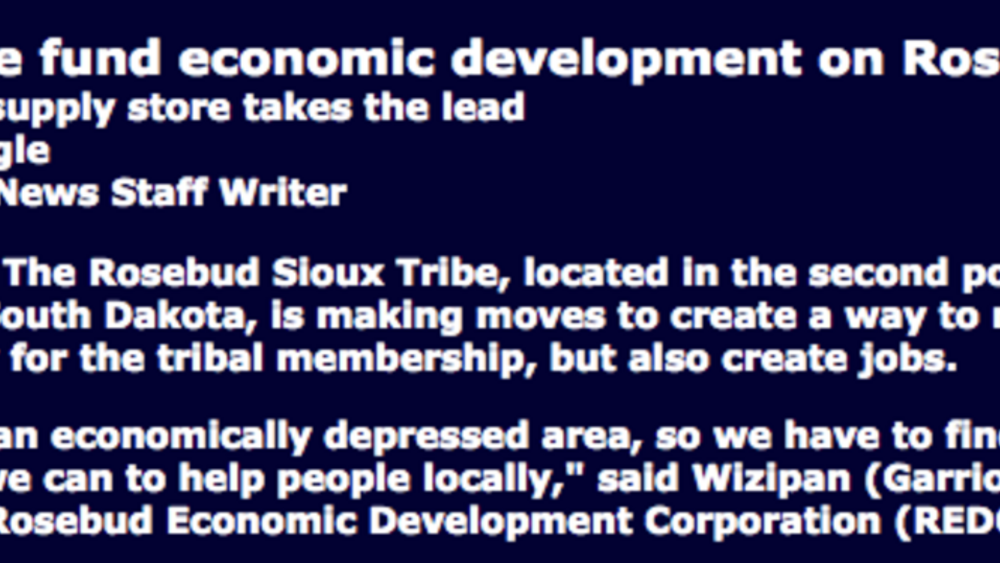
Rosebud Sioux Tribe boosts local economy
The Rosebud Sioux Tribe, located in the second poorest country in South Dakota, is making moves to create a way to not only save money for the tribal membership, but also create jobs. "We live in an economically depressed area, so we have to find every small way we can to help people locally,"…

Blackfeet: Stocking the Aisles
...Although Glacier Family Foods adds 56 new employees to the Blackfeet Reservation’s year-round workforce, the people behind the store’s creation hope it will do much more than create immediate jobs. For the last 20 years, members of the Blackfeet Tribal Business Council and the community bounced…
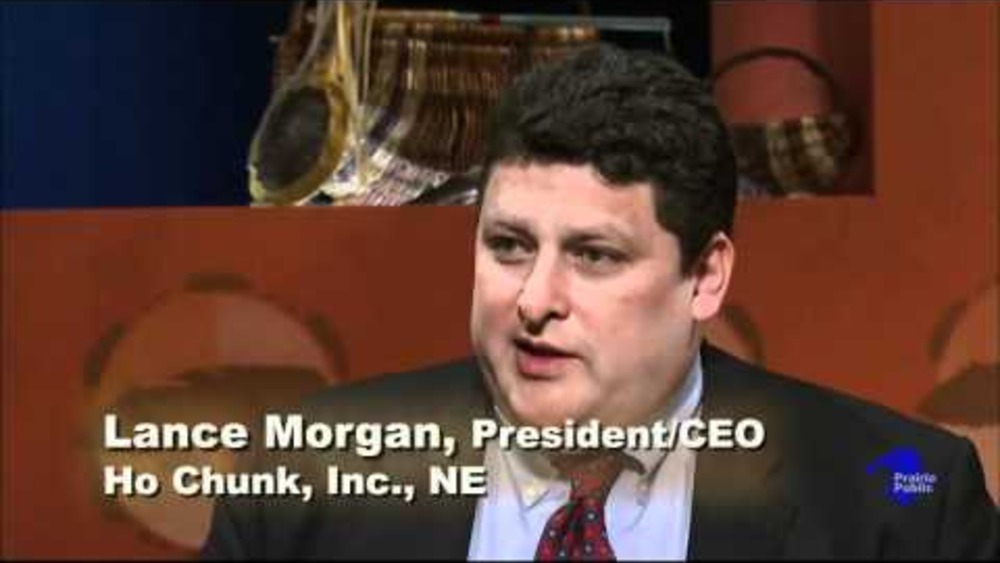
Indian Pride: Episode 108: Economic Development
This episode of the "Indian Pride" television series, aired in 2007, explores the economic development efforts of selected Native nations cross Indian Country. It also features an interview with Lance Morgan, CEO of the Winnebago Trib'es Ho-Chunk, Inc., who provides an overview of the evolution of…
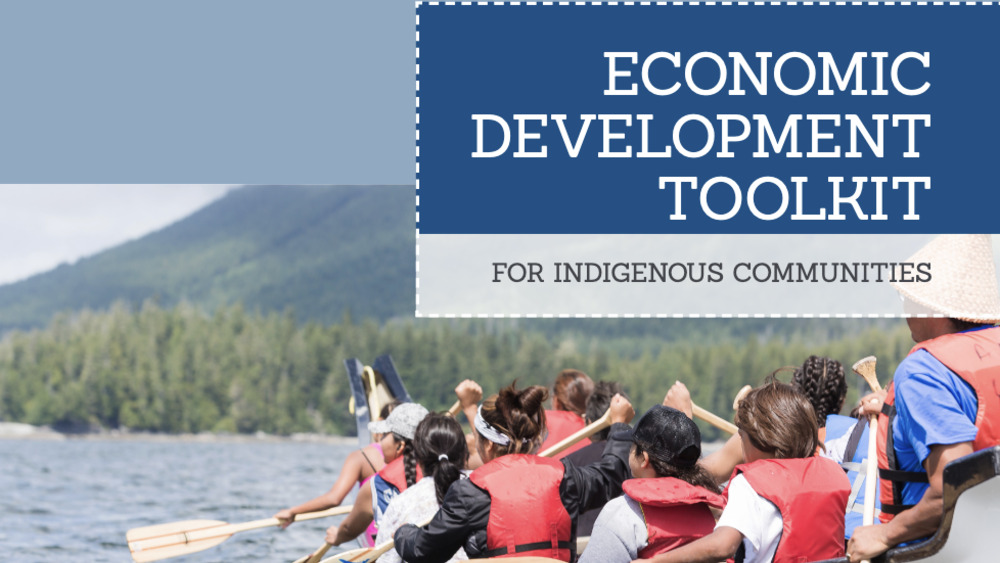
Economic Development Toolkit for Indigenous Communities: Tips, Tools & Techniques
Economic development offers First Nations an avenue to meet the needs of community members, ensuring they have access to adequate food and shelter, healthcare, education, and social programming. Beyond these basic needs, economic development also provides a mechanism to create wealth for future…
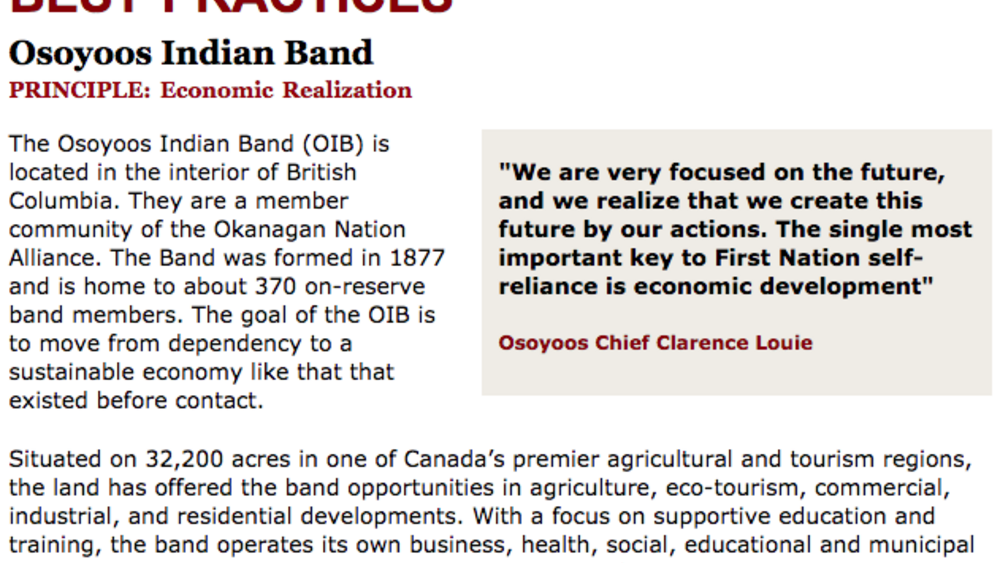
Best Practices Case Study (Economic Realization): Osoyoos Indian Band
The Osoyoos Indian Band (OIB) is located in the interior of British Columbia. They are a member community of the Okanagan Nation Alliance. The Band was formed in 1877 and is home to about 370 on-reserve band members. The goal of the OIB is to move from dependency to a sustainable economy like that…
